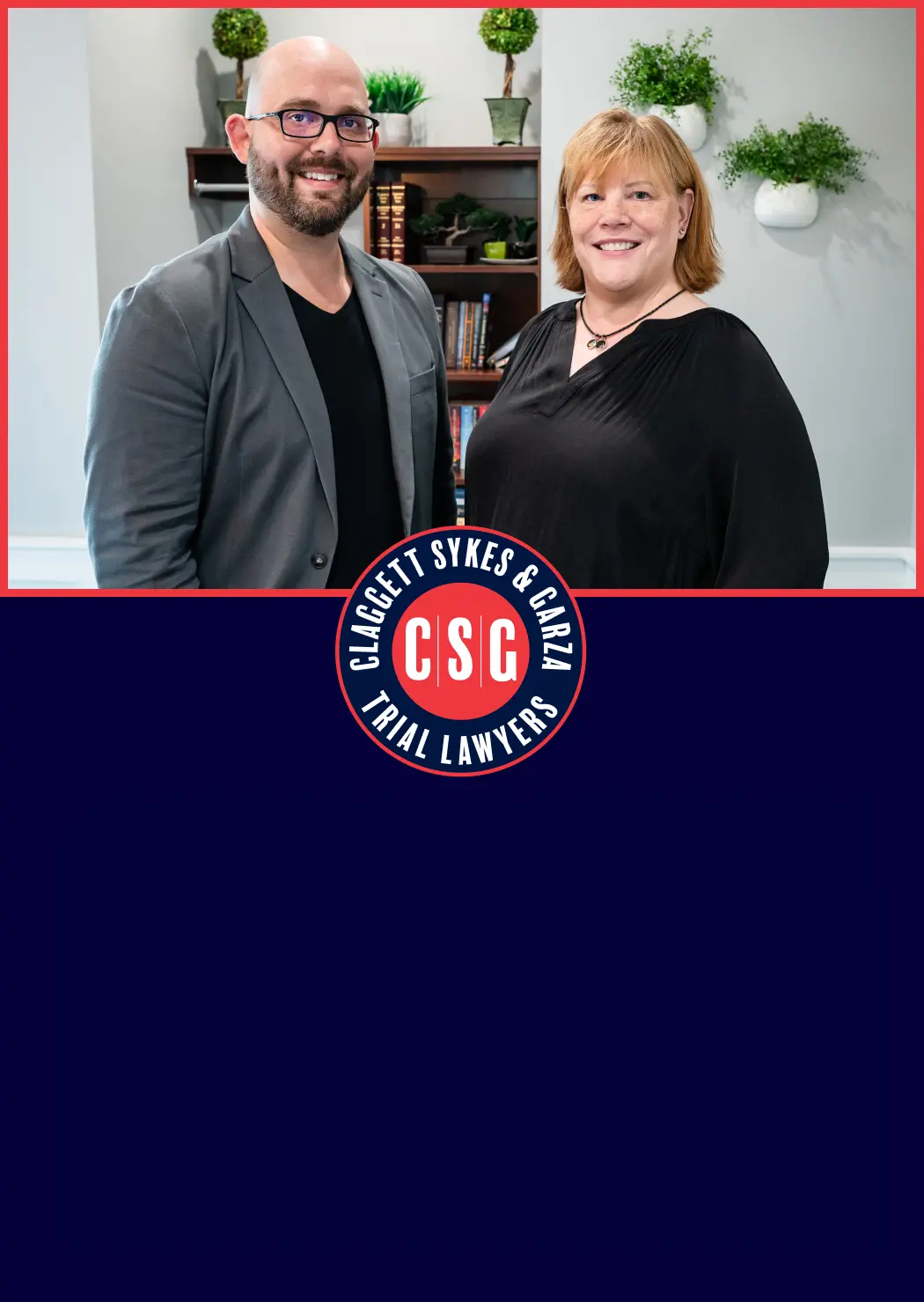This Friday I will have the privilege of attending oral argument before the Connecticut Supreme Court with the Fermi High School Mock Trial Team. I help coach the Fermi High School Mock Trial Team who competes in theConnecticut Consortium for Law and Citizenship Education, Inc.’s high school mock trial competition.
The Team will participate in this tour of the Connecticut Supreme Court and hear oral argument in State v. Gregory B. Winot. The Appellate Court’s Opinion in State v. Gregory Winot can be found by clicking. Students are to read the Appellate Court’s decision prior to attending oral argument on Friday morning.
Below is a summary of the case as taken from the Supreme Court’s:
STATE v. GREGORY B. WINOT, SC 17696

Get the Compensation You Deserve. Our Experienced Lawyers Can Help.
Criminal; Whether General Statutes § 53a-94 is Unconstitutionally Vague as Applied to the Facts in This Case. In connection with an incident involving a twelve-year old girl, the state charged the defendant with kidnapping in the second degree in violation of General Statutes § 53a-94. The state specifically alleged that the defendant approached the girl, forcibly grabbed her arm, told her to get into his vehicle and attempted to pull her toward his vehicle, where he had a noose made of rope and duct tape. The trial court convicted the defendant of kidnapping in the second degree, and the defendant appealed to the Appellate Court. The Appellate Court (95 Conn. App. 32) found that § 53a-94 was unconstitutionally vague as applied to the defendant’s conduct in this case, and it reversed his conviction. In so ruling, the Appellate Court noted that our Supreme Court has consistently recognized that there may be factual circumstances involving the most minuscule movement or duration of confinement in which a conviction for kidnapping would be absurd and unconscionable. It then determined that the only restraint imposed on the victim in the present case was the defendant’s forcibly taking her arm and pulling on it for a few seconds. It thus found that since the defendant’s conduct involved such minuscule movement or duration of confinement, it would be absurd and unconscionable to hold that the defendant had fair notice that his conduct would violate the kidnapping statute. Moreover, it found that to allow such a conviction to remain might encourage overzealous prosecutors to enforce the kidnapping statute arbitrarily. In this appeal, the Supreme Court will determine whether the Appellate Court’s ruling was correct.

